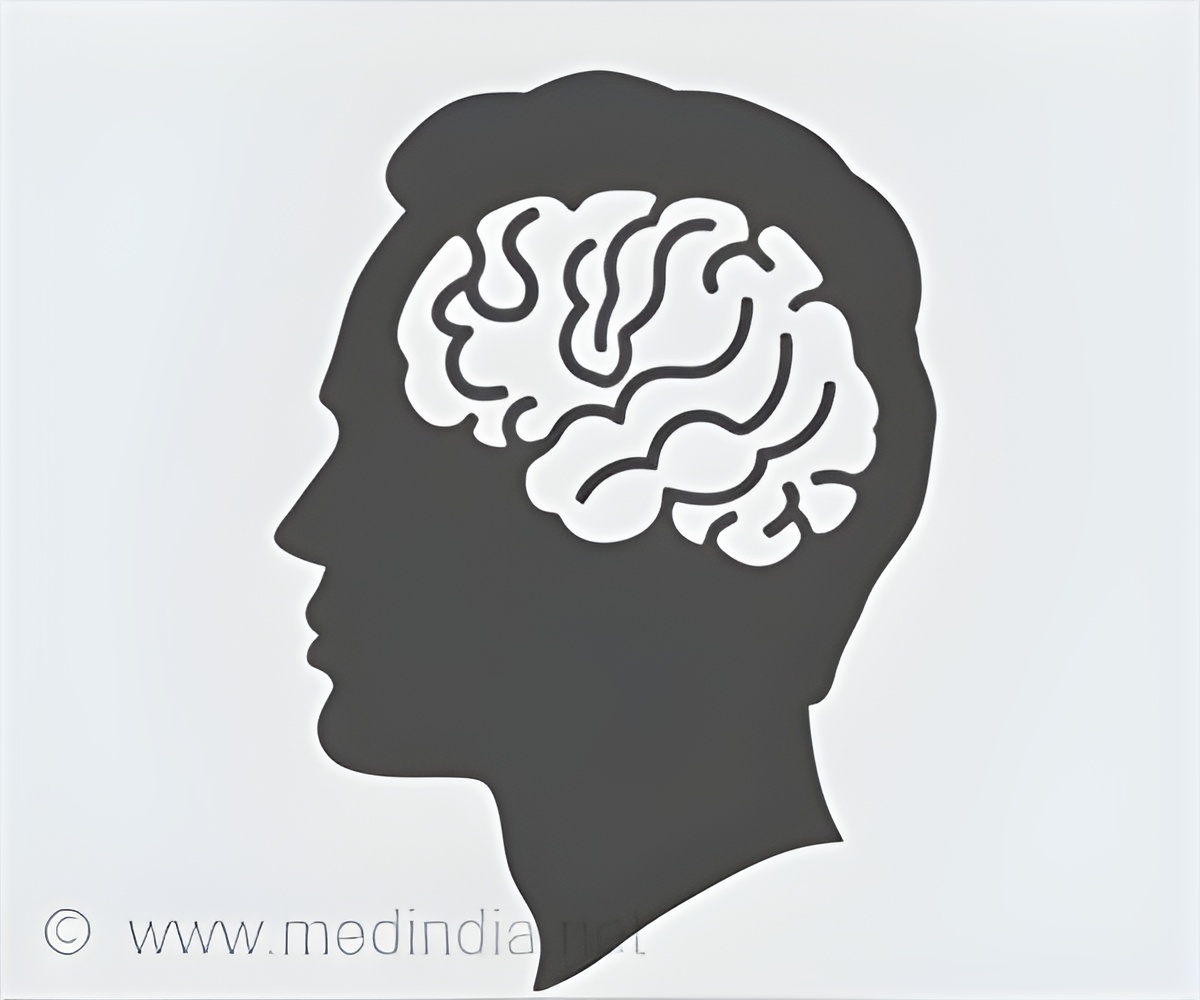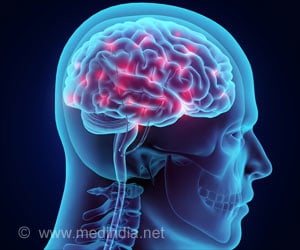Neurotransmitter dopamine is involved in human bonding, bringing the brain's reward system into our understanding of how we form human attachments.

‘A biological process in one person's brain, the mother's, is linked to behavior that gives the child the social input that will help wire his or her brain normally.’





"The infant brain is very different from the mature adult brain--it is not fully formed," says Barrett, University Distinguished Professor of Psychology and author of the forthcoming book How Emotions Are Made: The Secret Life of the Brain. "Infants are completely dependent on their caregivers. Whether they get enough to eat, the right kind of nutrients, whether they're kept warm or cool enough, whether they're hugged enough and get enough social attention, all these things are important to normal brain development. Our study shows clearly that a biological process in one person's brain, the mother's, is linked to behavior that gives the child the social input that will help wire his or her brain normally. That means parents' ability to keep their infants cared for leads to optimal brain development, which over the years results in better adult health and greater productivity." To conduct the study, the researchers turned to a novel technology: a machine capable of performing two types of brain scans simultaneously--functional magnetic resonance imaging, or fMRI, and positron emission tomography, or PET.
fMRI looks at the brain in slices, front to back, like a loaf of bread, and tracks blood flow to its various parts. It is especially useful in revealing which neurons are firing frequently as well as how different brain regions connect in networks. PET uses a small amount of radioactive chemical plus dye (called a tracer) injected into the bloodstream along with a camera and a computer to produce multidimensional images to show the distribution of a specific neurotransmitter, such as dopamine or opioids.
Barrett's team focused on the neurotransmitter dopamine, a chemical that acts in various brain systems to spark the motivation necessary to work for a reward. They tied the mothers' level of dopamine to her degree of synchrony with her infant as well as to the strength of the connection within a brain network called the medial amygdala network that, within the social realm, supports social affiliation.
"We found that social affiliation is a potent stimulator of dopamine," says Barrett. "This link implies that strong social relationships have the potential to improve your outcome if you have a disease, such as depression, where dopamine is compromised. We already know that people deal with illness better when they have a strong social network. What our study suggests is that caring for others, not just receiving caring, may have the ability to increase your dopamine levels."
Advertisement
Once in the brain scanner, each mother viewed footage of her own baby at solitary play as well as an unfamiliar baby at play while the researchers measured dopamine levels, with PET, and tracked the strength of the medial amygdala network, with fMRI.
Advertisement
The findings, says Barrett, are "cautionary." "They have the potential to reveal how the social environment impacts the developing brain," she says. "People's future health, mental and physical, is affected by the kind of care they receive when they are babies. If we want to invest wisely in the health of our country, we should concentrate on infants and children, eradicating the adverse conditions that interfere with brain development."
Source-Eurekalert













